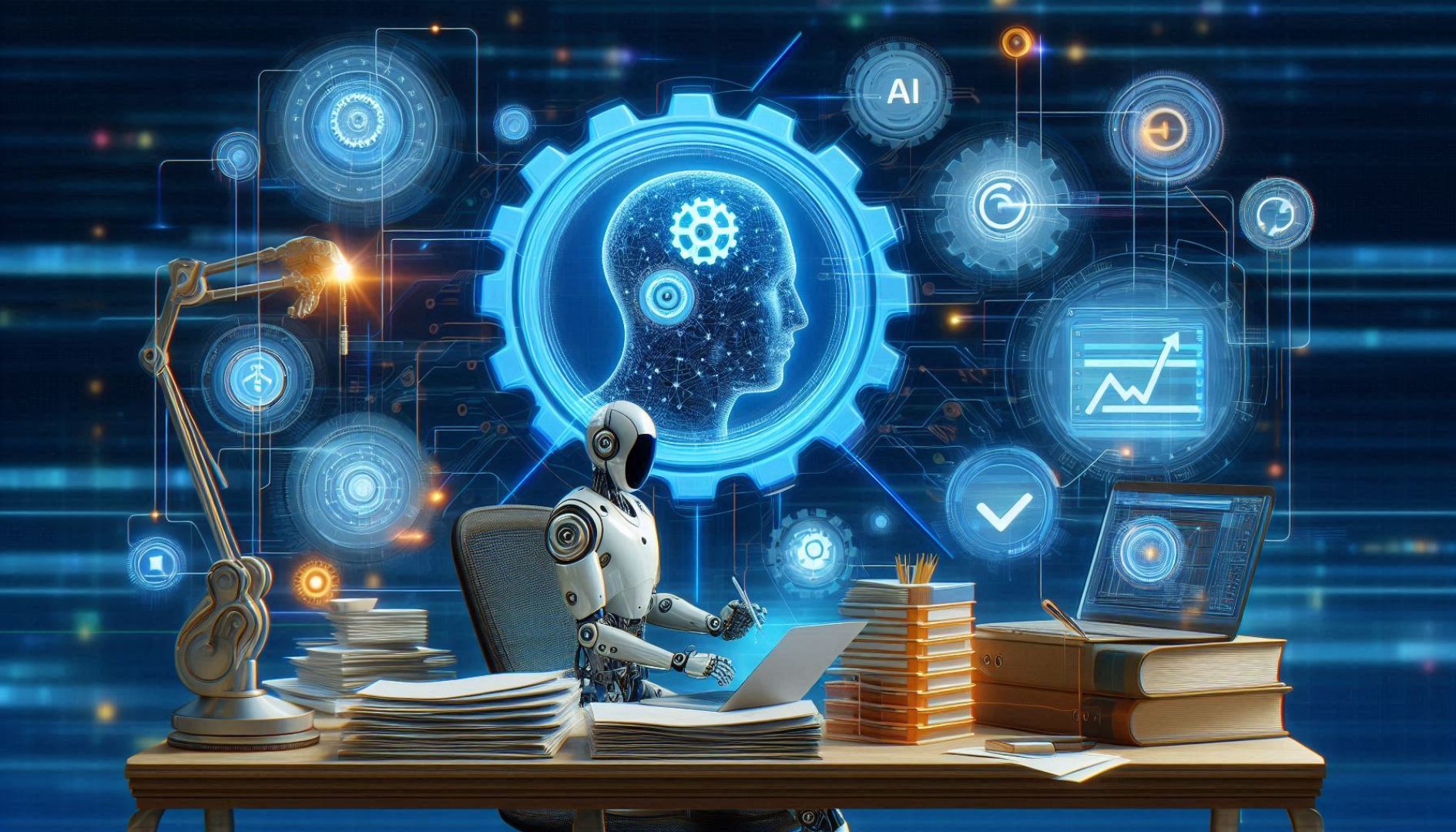Understanding AI in Task Management
Task management forms the backbone of productivity in any organization. Efficiently managing tasks ensures projects stay on track and deadlines are met. Traditional methods often rely on manual input and oversight, which can be time-consuming and prone to errors. Enter Artificial Intelligence (AI), which offers transformative solutions to streamline task management processes. Task management encompasses creating tasks, assigning them to team members, setting deadlines, monitoring progress, and ensuring completion. This guide explores how AI solutions can revolutionize task management, enhancing efficiency and productivity across various industries.
Challenges in Traditional Task Management
Despite the availability of various tools, traditional task management methods face several challenges. These include:
- Manual Data Entry: Tasks often require manual input, leading to errors and delays.
- Lack of Real-Time Updates: Updates on task progress may not be instant, hindering timely decision-making.
- Difficulty in Prioritization: Determining task priority can be subjective and time-consuming.
- Limited Predictive Insights: Anticipating bottlenecks or resource needs is challenging without predictive analytics.
How AI Transforms Task Management
AI introduces advanced capabilities that address these challenges, offering intelligent automation and data-driven insights. Here’s how AI solutions streamline task management:
- Automated Task Assignment: AI algorithms can analyse task requirements, team member skills, and workload to automatically assign tasks, optimizing resource allocation and balancing workloads effectively.
- Natural Language Processing (NLP) for Task Creation: AI-powered tools can interpret natural language requests or emails to create tasks, reducing manual data entry and improving accuracy.
- Predictive Analytics for Resource Allocation: By analysing historical data and current workload, AI can predict resource needs, helping managers allocate resources more effectively and proactively prevent bottlenecks.
- Real-Time Monitoring and Alerts: AI-enabled systems provide real-time updates on task progress, sending alerts for delays or issues, enabling timely intervention and decision-making.
- Intelligent Prioritization: Using machine learning algorithms, AI can prioritize tasks based on factors like deadlines, dependencies, and strategic importance, ensuring teams focus on high-impact activities.
- Continuous Improvement through Data Analysis: AI analyses task performance data to identify patterns, optimize workflows, and suggest process improvements, fostering continuous improvement and efficiency gains.
Implementing AI in Task Management
Integrating AI into task management involves several steps to ensure successful adoption and maximize benefits:
- Assessing Organizational Needs: Identify specific pain points in current task management processes where AI can offer the most significant improvements.
- Choosing the Right AI Solution: Evaluate AI tools or platforms that align with organizational goals, considering factors like scalability, integration capabilities, and user interface.
- Training and Integration: Provide training to users on how to utilize AI-powered tools effectively. Integrate AI solutions with existing task management systems or workflows seamlessly.
- Monitoring and Adjustment: Continuously monitor AI-driven processes to assess performance and identify areas for refinement or adjustment. Solicit feedback from users to improve usability and functionality.
- Data Security and Privacy: Implement robust data security measures to protect sensitive information processed by AI systems. Ensure compliance with data privacy regulations to maintain trust and legality.
- Scaling AI Initiatives: Start with pilot projects or specific departments to test AI solutions before scaling across the organization. Measure success metrics such as efficiency gains, cost savings, and user satisfaction.
Future Trends and Considerations
As AI continues to evolve, future trends in task management may include:
- Advanced AI-driven Decision Support: AI algorithms offer more sophisticated decision support capabilities based on complex data analysis.
- Integration with IoT and Wearable Technology: AI-enabled task management systems integrate data from IoT devices and wearable technology for real-time insights and automation.
- Enhanced Collaboration Tools: AI-powered collaboration tools facilitate seamless communication and coordination among remote or distributed teams.
- Personalized Task Management: AI adapts task management approaches based on individual work styles, preferences, and productivity patterns.
Conclusion
AI solutions are reshaping task management by automating routine tasks, providing actionable insights, and enhancing overall efficiency. By leveraging AI technologies, organizations can streamline workflows, optimize resource allocation, and improve decision-making processes. As AI continues to advance, the future of task management promises even greater integration of intelligent automation and predictive analytics, paving the way for more agile and adaptive work environments.
Embrace AI in task management to unlock new levels of productivity and efficiency in your organization today.

